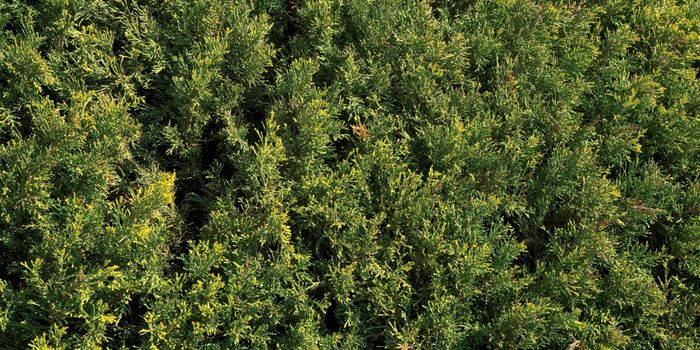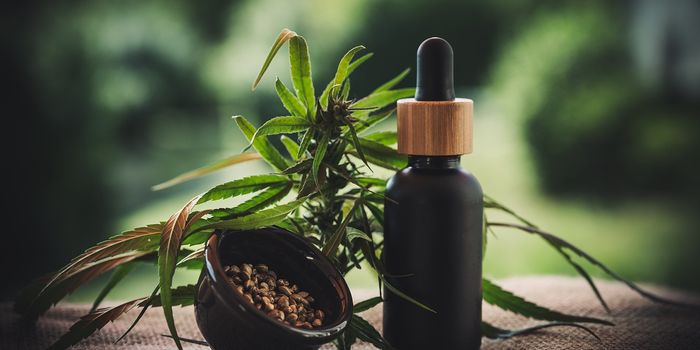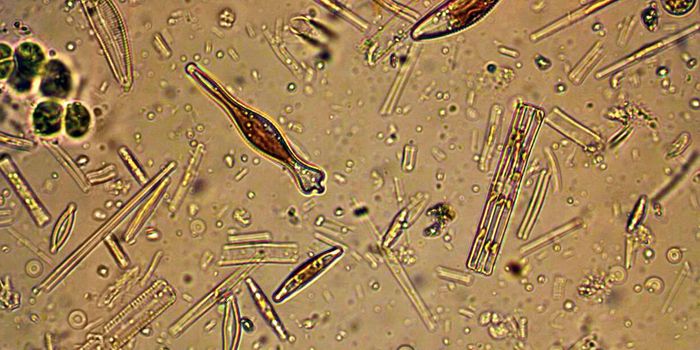Chemistry & Physics
High-Energy Variations of Table Salt Show Exciting Possibilities
DEC 24, 2013 12:00 AM PST
Share
Are Spiders Really Omnivores?
 There aren't many fans of spiders, and most people probably don't spend much time worrying about what spiders eat. The average person thinks of a spider as a carnivore, eating flies trapped in their web (and if you're a movie fan, perhaps with Jeff Goldblum's face pleading "Help me"). However, according to research at the University of Exeter in the United Kingdom, at least one variety of spider supplements its insect diet with pollen. Their work has been recently published in PLOS ONE.
There aren't many fans of spiders, and most people probably don't spend much time worrying about what spiders eat. The average person thinks of a spider as a carnivore, eating flies trapped in their web (and if you're a movie fan, perhaps with Jeff Goldblum's face pleading "Help me"). However, according to research at the University of Exeter in the United Kingdom, at least one variety of spider supplements its insect diet with pollen. Their work has been recently published in PLOS ONE.The group studied orb-weaver spiders in both the field and the laboratory, and made the surprising discovery that there is approximately 25% pollen in their diet, at least in the early stages of their lives. Even more surprising, there were instances where the spiders consumed pollen when insects were also available for consumption.
This makes sense if one considers the typical environment and web structure of the orb spider. Their webs are often in areas that can capture pollen, spores, and other potentially airborne snacks along with the occasional fly or moth. From the perspective of the spider, there is a variety of items in the web to consider as food.
Many of these pollen grains can't be accidentally consumed, because they're too big to get past the pharynx of the spider. A spider has to consume them in stages-by first dissolving the pollen's outer coating and then drawing in the nutrients after the coating has been dissolved. The study included pollen with a variety of sizes and shapes to take into account any physical factors.
There is an important implication here-because spiders have to go to some effort to consume pollen, they are likely doing it for nutritional value. Acquiring similar results in the field and in the laboratory environment under controlled feeding conditions (using analysis via stable isotopes) tends to back this hypothesis.
Another finding was that supplying different food supplies to the young spiders had no significant effect on their weight gain. This suggests that it isn't the exact mix of the diet that's important; it's the mix of food that's available to the spiders. For juvenile spiders in the early spring, pollen is readily available compared to insect prey. In other words, they eat what's available in the cupboard. As the spiders mature, it may be that the continued consumption of pollen has benefits to the spider's long-term health.
It remains to be seen whether orb spiders choose the location of their webs to capture pollen as well as prey, or whether that's a coincidence.
One can legitimately debate that spiders (or at least orb spiders) should be classified as omnivores instead of carnivores based on this discovery. This doesn't mean you will open your pantry someday to find spiders snacking on your cornflakes, or see them at your local health food store stocking up on granola bars. (If you do, be afraid...be very afraid...). But this work does show that when considering effects on the overall ecosystems that include spiders, one must consider plant as well as animal contributions to their diet (and therefore, to their overall ability to survive).
Sponsored by

You May Also Like
Loading Comments...








